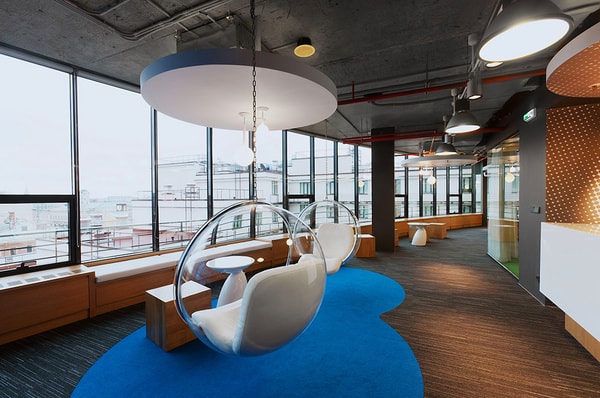The last few years have seen business technology developing faster than ever, and nowhere more so than in the office, where a variety of different technologies have come together to revolutionize the way work is carried out. Now, a new wave of technologies is emerging that is seeing some businesses do away with the office altogether – at least physically. Others are expanding so they can take on a lot more personnel than their offices have room for, and there are many different ways to go about it.
Increasing efficiency
One of the most significant changes in the modern office is the speed at which it runs. Enterprise resource planning (ERP) systems can organize tasks far more effectively than people can, at least in larger businesses, enabling staff members to access the materials they need as soon as they become available and making team coordination much easier. Online filing means information can be retrieved at speed by anyone with the right permissions, while email and messaging services run over an intranet provide secure, high speed means of communication between staff based in different parts of the building.
Some ERP systems also take care of finance tasks, automatically costing purchases and recording them in budget documents, or even handling payroll.
Saving money
Increased efficiency means immediate financial savings in the office as tasks take less time to complete, but there are also other ways in which technology is bringing down the cost of doing business. Using cloud computing means it’s easy for people to do many kinds of work outside the office, with access to company files as required, so staff can still work when they’re traveling, and it’s simple to outsource specialist tasks to contractors. This makes it possible to have experts handle things like auditing without having to pay to keep them on staff full-time if they’re only really needed for a few days a month.
The options of homeworking also mean it’s easier to take on employees who have health problems or care responsibilities, widening the available pool of talent. It means that managers can quickly access information when networking or attending meetings out of office hours, and it’s easy to stay up to date on business trips abroad. In some cases, technology can even negate the need to travel to meetings, as more and more are held virtually by using video telecommunications systems like Skype.
Leveling the playing field
The ease with which businesses equipped like this can bring in specialist talent is just one of the ways that technology is evening things up between small companies and large ones. The combination of online marketing and ecommerce has made it much easier for small businesses to reach and sell to larger numbers of customers. The option of starting up or expanding businesses using virtual office space means it’s no longer necessary to have the money to pay for premises before getting a business idea off the ground. The new business world is more flexible than ever, and taking the pressure off office systems has made it easier for office staff to live up to their potential.
 Gearfuse Technology, Science, Culture & More
Gearfuse Technology, Science, Culture & More


